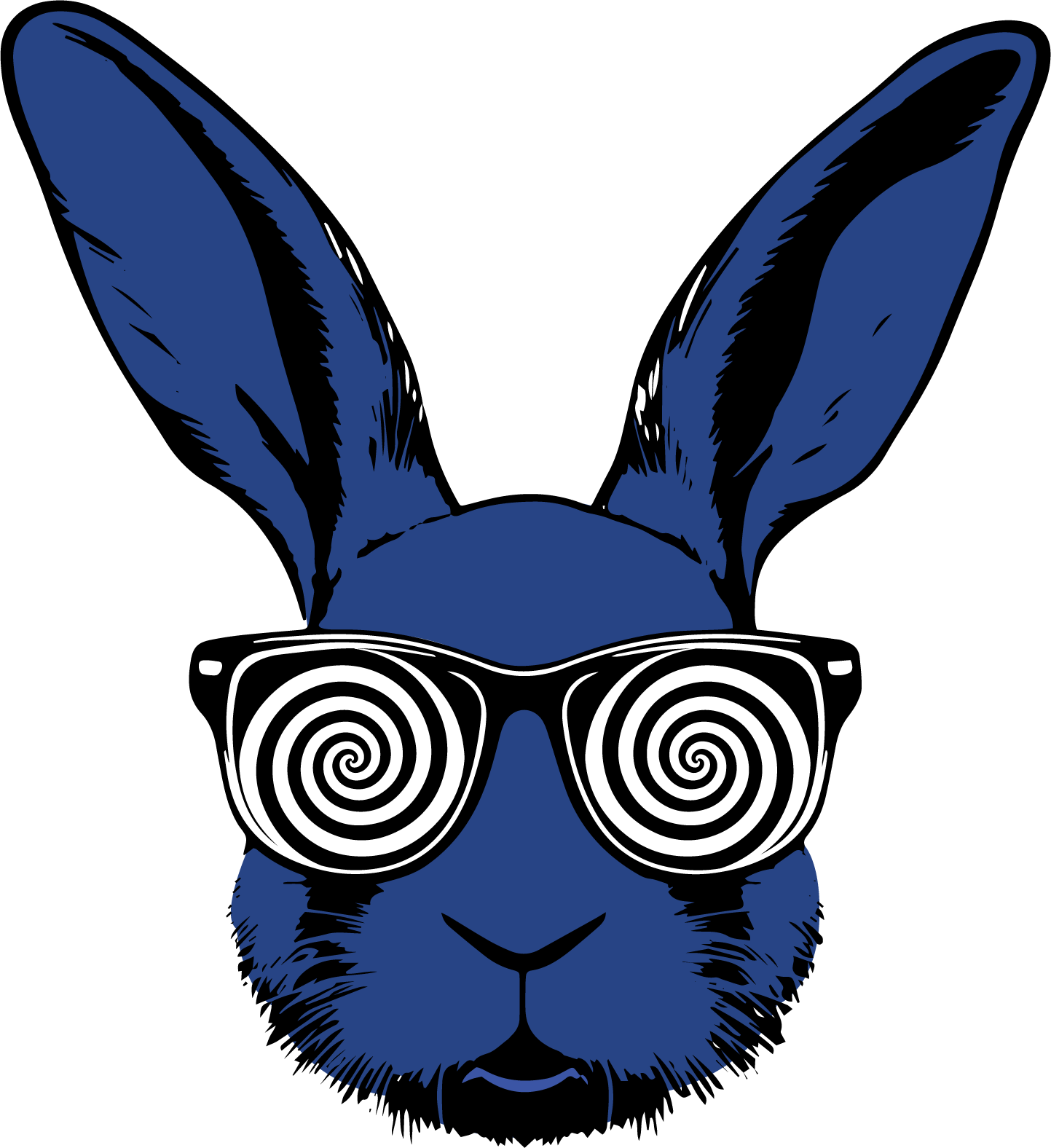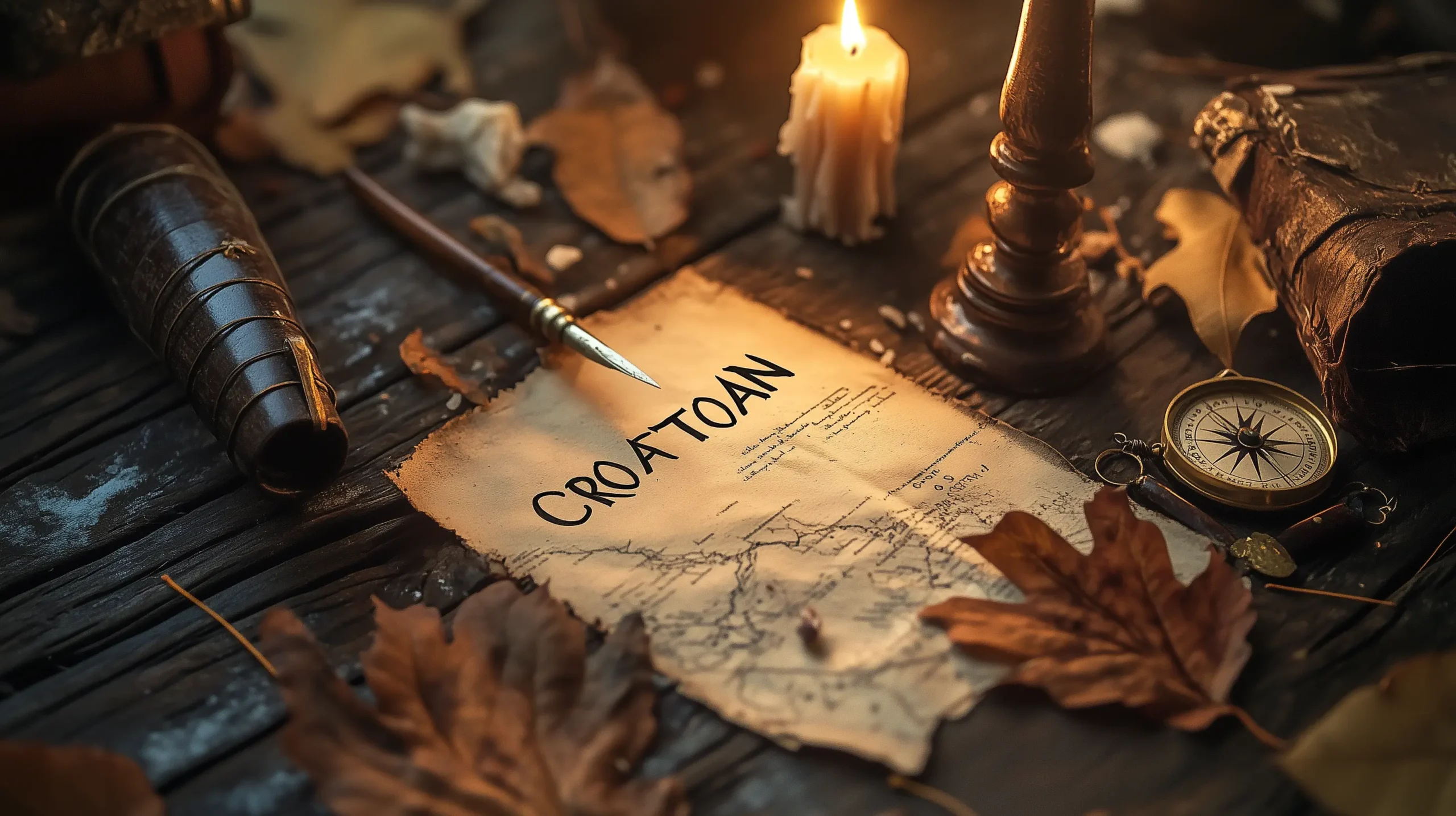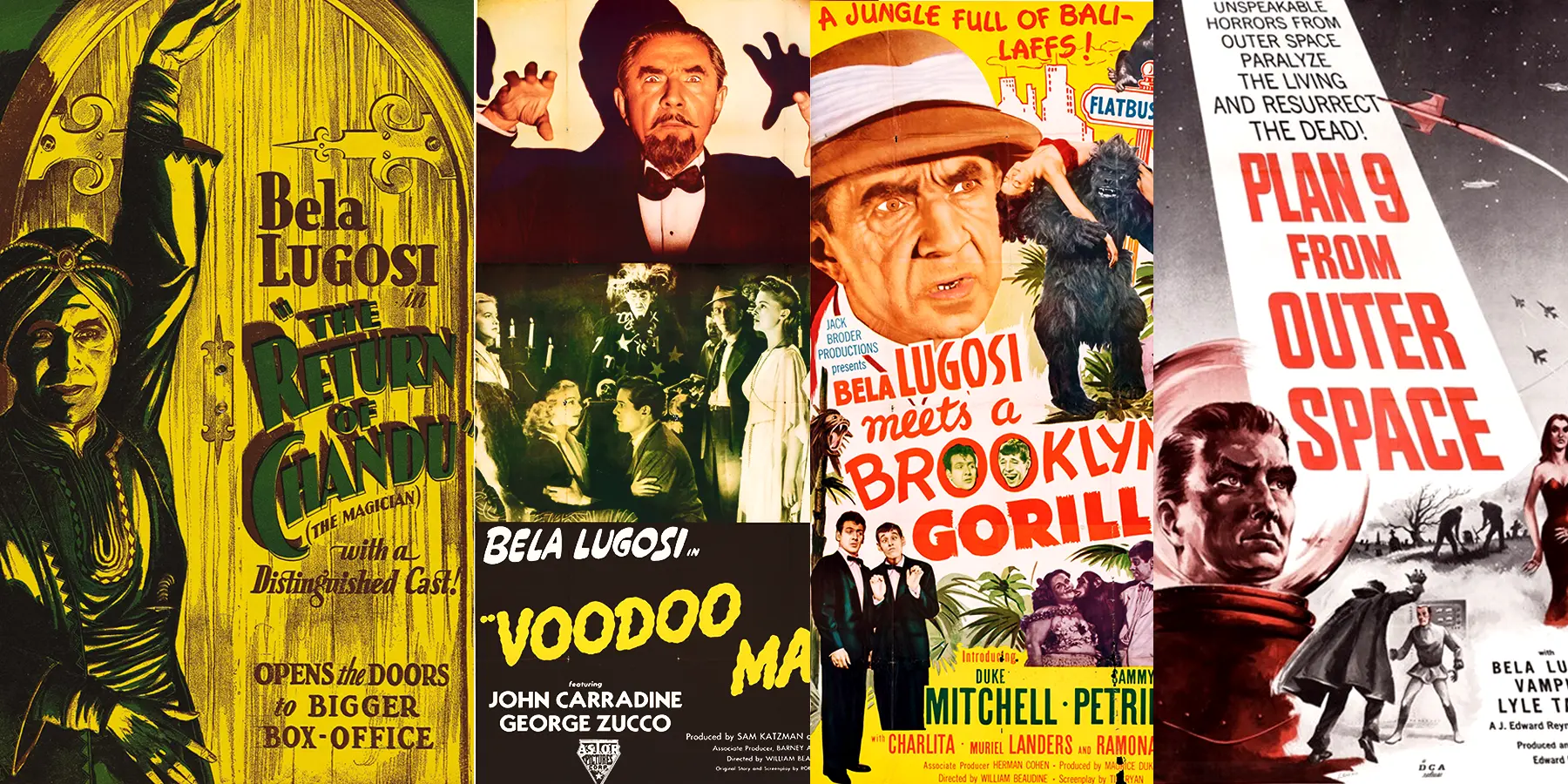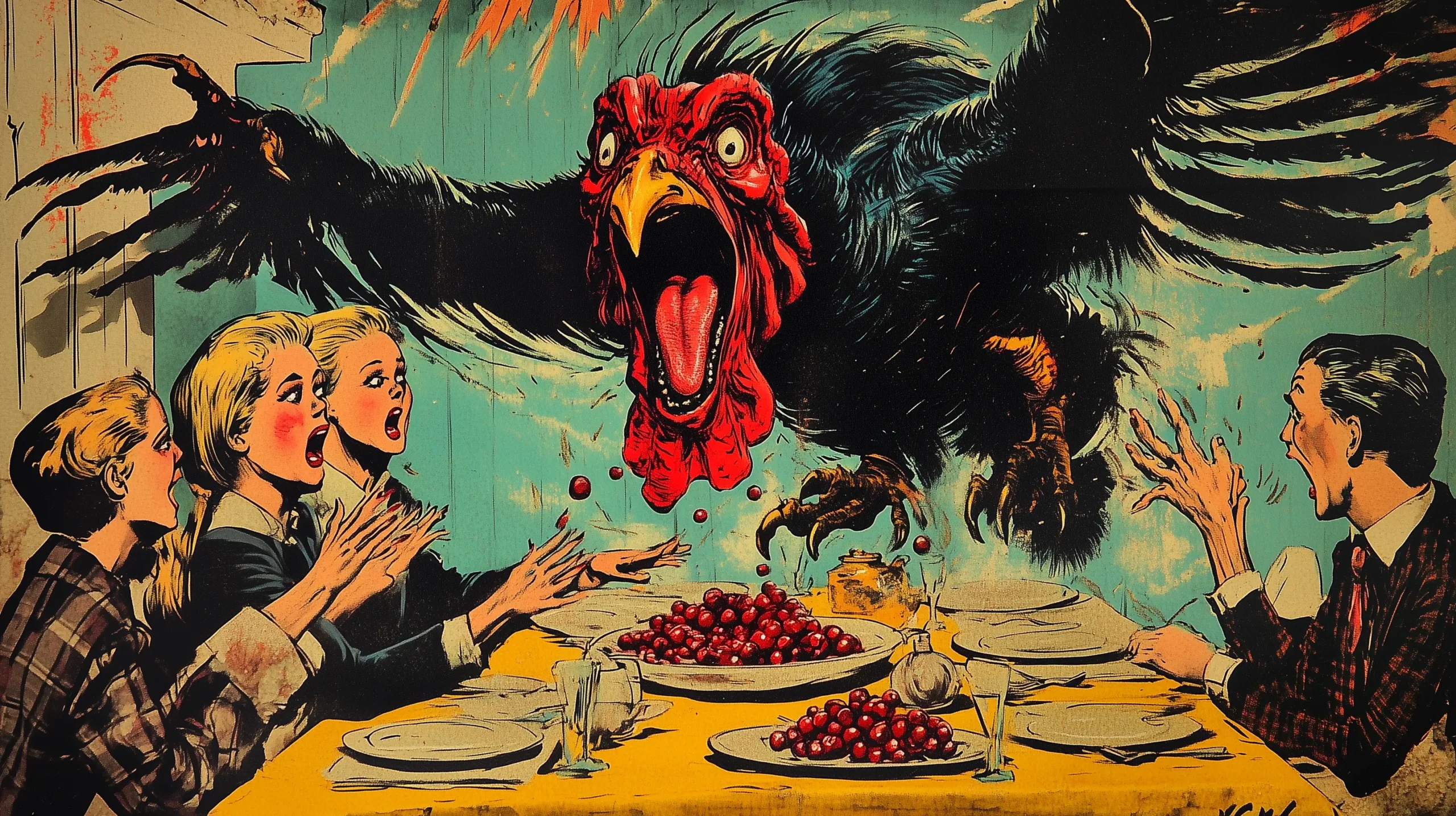When a band loses its lead singer, specifically to death, it is faced with two options:
- 1. Carry on with a new singer and embrace that the “new” version of the band will be a glorified cover band of what was. Bands that choose this path tend to have an established and loyal fan base, having reached some level of household fame, like a best-selling album or single. These bands, with their substitute singer, rely on nostalgia to move tickets and merchandise.
- 2. The surviving members of the band make the hard decision to start from scratch, changing their name and completely reinventing their sound, hoping to distance themselves from the band that is no more.
Joy Division becomes New Order. Nirvana becomes Foo Fighters. You get the idea.
AC/DC, love them or hate them, is a priceless lesson that when life squirts unimaginably tragic lemonade
in your eyes, the fortitude to believe in your music/art can help you mend from the heartache of a
tragedy. It can also lead to something awesome. No hairs will be split about who the better singer was,
Bon Scott or Brian Johnson; it’s a masturbatory and childish argument because this is about what AC/
DC accomplished that no other band in the history of rock n roll has.
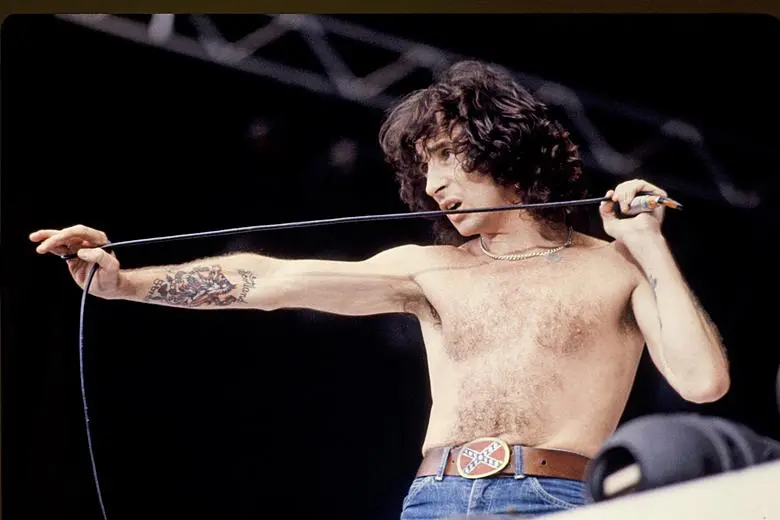
Bon Scott, born July 9th, 1946, lived life at 200 miles per hour as a maximalist wild man. He submerged himself in the rock star lifestyle of sex, booze, and drugs. Scott’s reputation among his friends was that boredom would be the death of him. In 1975, Scott overdosed and was hospitalized in Melbourne. When AC/DC’s manager checked in on him, thinking Scott would be open to a lifestyle change to improve his quality of life, Scott bragged about two women he’d slept with on his floor and said they’d both be having his baby.
The moment of clarity AC/DC’s manager thought he’d hear from Scott would never be on Bon’s to-do
list.
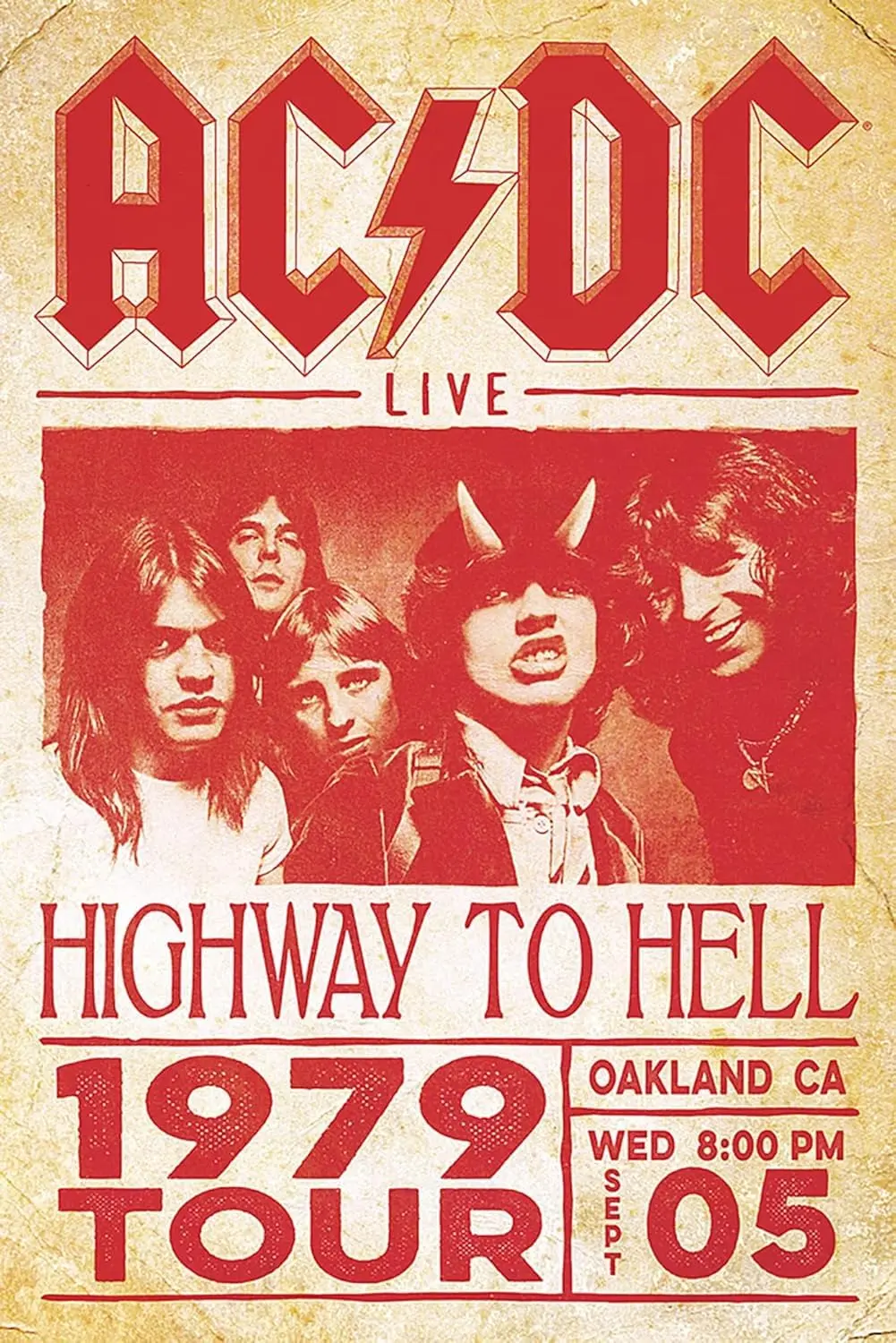
Meanwhile, Malcolm and Angus Young were working on a yet-to-be-named album in London in 1980, and the demo process was in full gear. AC/DC, while insanely popular for years in the land of Roo boxing and Vegemite, had recently charted its first best-selling album in the United States with Highway to Hell. Back in the studio, the Youngs, mindful that Scott was slipping further into drugs (the magic mushrooms) and burning the candle at both ends, flirted with the idea of breaking up the band.
But Scott was showing up at the studio to play drums on the demos—he was just as good at drumming
as he was at singing. The problem was that Scott was too drunk or stoned to write lyrics. Nonetheless,
the Youngs felt the songs being written, absent of lyrics, were a significant step forward in evolving AC/
DC’s sound, finally replicating the larger-than-life arena sound they had on stage but hadn’t tracked in
the studio yet. Breaking up the band was officially off the table, and the Youngs would make it their
fucking mission to conquer rock n’ roll with their flawed but brashly multi-talented frontman.
Bon Scott, 33, was found dead in his drug dealer and supposed friend’s car outside a nightclub on a cold
night in London. The hospital recorded the cause of death as “death by misadventure.” British tongue for an acute overdose of something. That night, outside the Music Machine nightclub, Scott was so shit-face
he struggled to stand and was helped to the car to sleep it off (we’ve all been there). But Scott’s “friend”
was a major heroin user and decided to shoot up in the car. Scott didn’t like smack because it was too
much of a downer; lots of booze and lots of weed were his fuel for a ripping good time. It’s believed Scott
was offered heroin by his friend, and being so fucked up, he agreed to partake. Scott’s friend exited the
car, leaving to go party some more. Bon Scott, the man with a voice as powerful as a Chevy 454 big-
block V8, died alone in the backseat of a Renault 5, choking on his vomit.
When Malcolm and Angus received word of Scott’s death, the brothers’ immediate reaction was that
Scott’s death was the death of AC/DC, and no one could fault them for thinking otherwise. But before
word of Scott’s passing leaked out to the media, Malcolm knew he’d have to make the most painful
phone call of his life and call Scott’s mother on her birthday to tell her that her son had died. After the
information shock passed, Scott’s mother asked what would become of the band. Malcolm told her that
there was no more band. Scott’s mother retorted that Malcolm’s answer was wholly unacceptable and
that Scott would want AC/DC to keep on playing without him. Malcolm, presumably feeling every wave of
emotion under the sun, promised Isa the band would go on in honor of her son’s memory. A grateful Isa
thanked Malcolm for calling because hearing the news of Bon’s death from the radio or TV would have
been too much to bear.
Dear Isa, We are forever grateful to you for reasons we know now but didn’t know then. You kept the
lights on in the AC/DC house when everyone else was ready to turn them off. Sincerely, Fans of Rock
After the call with Isa, Malcolm (the quiet and stoic personality he was) took this news to Angus and told
him what the new fate of AC/DC would be. Angus, the tallest five-foot-two-inch barrel of TNT with an SG
in the world, went right to the studio and picked up his guitar. To combat heartbreak, the Youngs worked
around the clock with a militant focus on making the best AC/DC album ever. But the elephant in the
room needed to be addressed: who the hell was going to sing on the record?

Brian Johnson was born on October 5, 1947, in Durham, England. Before he devoted himself to singing, Johnson served in the Territorial Army. During downtime, Johnson would do Little Richard impersonations and perform small plays to entertain the lads. Johnson’s first band after leaving the
military was a group of glam rockers called Geordie. The band had respectable success on the London music scene, charting three Top 40 songs on the UK charts. Creative differences caused Geordie to go their separate ways in the late 70s.
Coincidentally, Scott’s nightly partying in England while AC/DC was on tour or recording meant he saw a lot of other bands that were rocking hard to expand their audience. Scott went to a Geordie show in New
Castle and was blown away by Johnson’s voice and plucky stage presence. Scott struggled on stage in the early days of AC/DC, preferring to keep his head down and motionless as a statue. It wasn’t until
Scott found his groove performing for TV cameras that he understood the role of a lead singer wasn’t
just singing well; a frontman’s job was to keep the viewer entertained, too. Being a great lead singer
meant having otherworldly charisma, a palpable energy that could be felt from the front of the venue all
the way to the back. Scott wasn’t envious of Johnson’s ability to project his rock n roll personality with
such ease; he was captivated by it. He had to meet Johnson, and that’s precisely what he did.
The story goes that Scott and Johnson bonded over some beers and chatted about their love of Little
Richard. Both men were super fans of Richard’s outlandish stage persona and balls-to-the-wall shrills
and whoos. Across the pond (and in the States), hundreds of white guys were doing their best Little
Richard impression. Having researched the number of working-class and poor white singers that went on
to great fame and cited Little Richard as an inspiration is undeniable proof that music, when colorblind, is
a force that has the power to dissolve racial tensions—much to the chagrin of governments that use race
to construct societies where passivity and mediocrity are preferred. We now return to the main plot of
how AC/DC motivated millions from the next generation to turn their garages and basements into places
where they dreamed of playing in front of thirty thousand screaming fans at the Spectrum or Wembley
Arena.
The Youngs’ search for a new lead singer was coming up zeroes, but when Malcolm was jamming with
Angus, he remembered what Scott had told him about Brian Johnson. The brothers figured there’d be no
harm in calling to see if Johnson was interested in coming in for an audition. As fortune would have it,
Geordie had broken up, and Johnson was working on a solo album he knew was a waste of time for
everyone involved. Johnson missed being in a band, and the suits at the label wanted Johnson to be a
glam rocker akin to David Bowie’s Ziggy Stardust. That kind of music was too abstract for Johnson. Rock
n roll, for Johnson, came from the gut, grounded in ordinary realities and emotions most folks easily
related to. He also knew Bowie had monopolized the market for the haughty philosophic crowd; the call
from Malcolm gave Johnson a getaway from the artsy-fartsy world his military-working class personality
would never gel with.
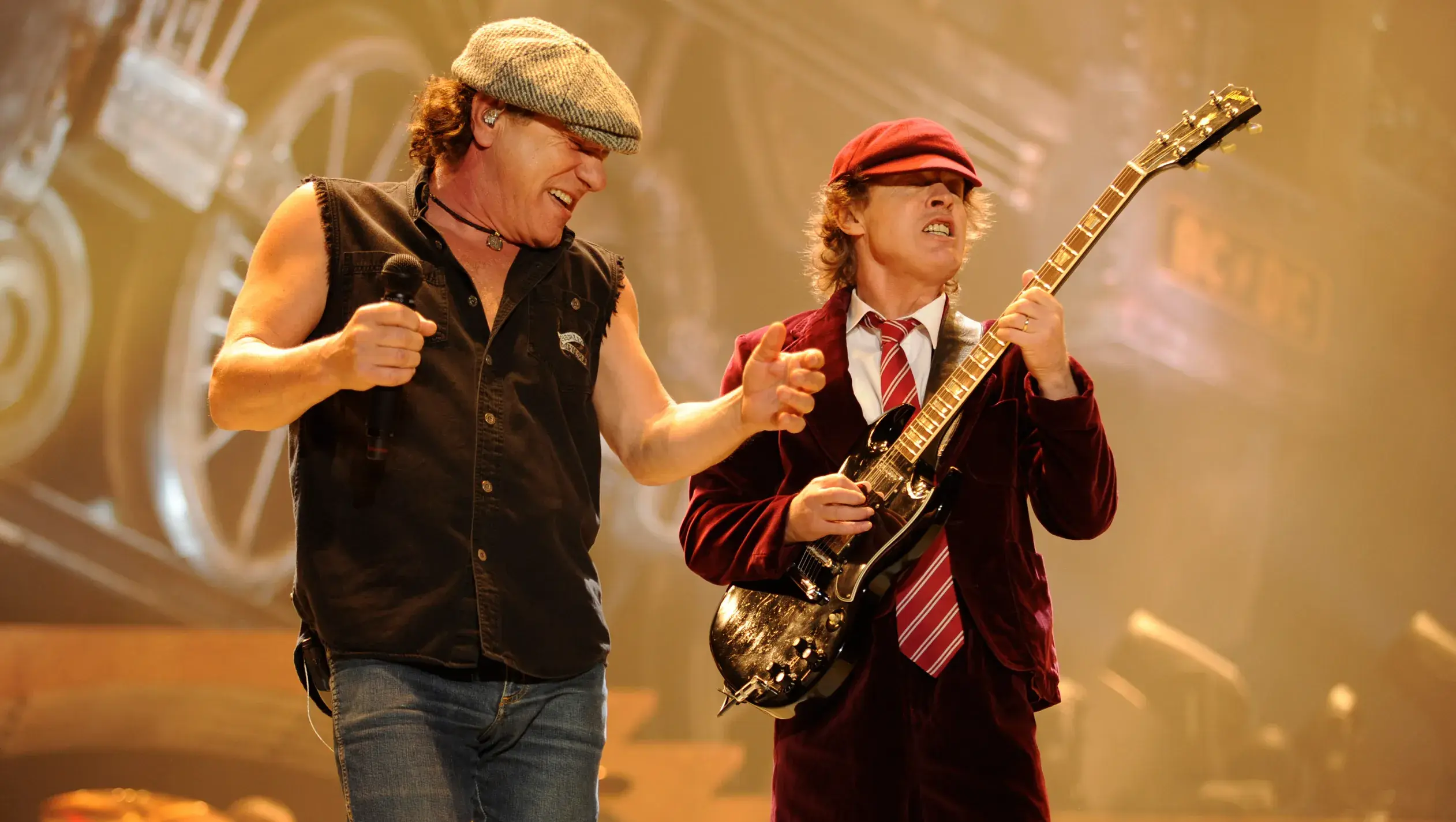
Johnson walked into the studio where AC/DC was recording with broken hearts, but the boys got straight
to business. Malcolm asked Johnson what song he wanted to sing, and Johnson, determined and
intrepid, said, “Whole Lotta Rosie.” The Youngs smiled, picked up their guitars, and launched into the
song. “Whole Lotta Rosie” was the spine—the tune that shifts the band and the fans into a single
consciousness that obliterates the outside world—of AC/DC’s live set. “Rosie” wasn’t a radio single, but
if you were a true AC/DC fan, you knew every damn word, and with the volume cranked on your car
radio, it probably cost you a speeding ticket (the latter is based on actual events). Unknown to Brian
Johnson, “Rosie” was Bon Scott’s favorite to sing live.
Johnson and the Youngs got through the song without a hiccup. Johnson, who sang in a smooth, almost
RnB baritone with Geordie (YouTube it if you want to laugh), had retooled his voice to fit with AC/DC’s
signature sound of bratty guitar riffs and thundering drums. He knew AC/DC’s popularity was seeded by
its lack of polish and being unapologetically rough around the edges. Fundamentally, AC/DC was a
hardcore punk band before punk had a commercial label. Johnson wasn’t doing a Bon Scott
impersonation per se; he was just mindful of the sweet spot he needed to sing in for his voice to match
the story of AC/DC’s instrumentals. Johnson sang two more songs, and Malcolm told him to call his
agent: Brian Johnson was the new lead singer of AC/DC. In the spirit of smutty fun, glimpsing the lead
singers’ initials, AC/DC’s former singer was BS. Now, they had a BJ.
AC/DC would release Back in Black in the summer of 1980 as an effusive way to introduce Johnson to
old and new fans, while the cover of the album, all black and the band’s name appearing in a light gray
font, was a visual dirge for the singer who helped Malcolm and Angus get to this point in their rock n roll
careers. The album (as we know) was a larger-than-life hit, and in England, AC/DC charted four albums
in the top 100 at the peak of Back in Black’s popularity—the only other band to accomplish this was the
Beatles. If AC/DC never recorded another album, their legacy as being Gods of Rock was the size of the
Mingun Bell; 90 fucking tons of hard metal that’ll have your ears ringing until you bite the bullet and have
a cold one with Bon Scott and Malcolm Young in the Hells Bells’ otherworld.
But remember… the drink is on them!

